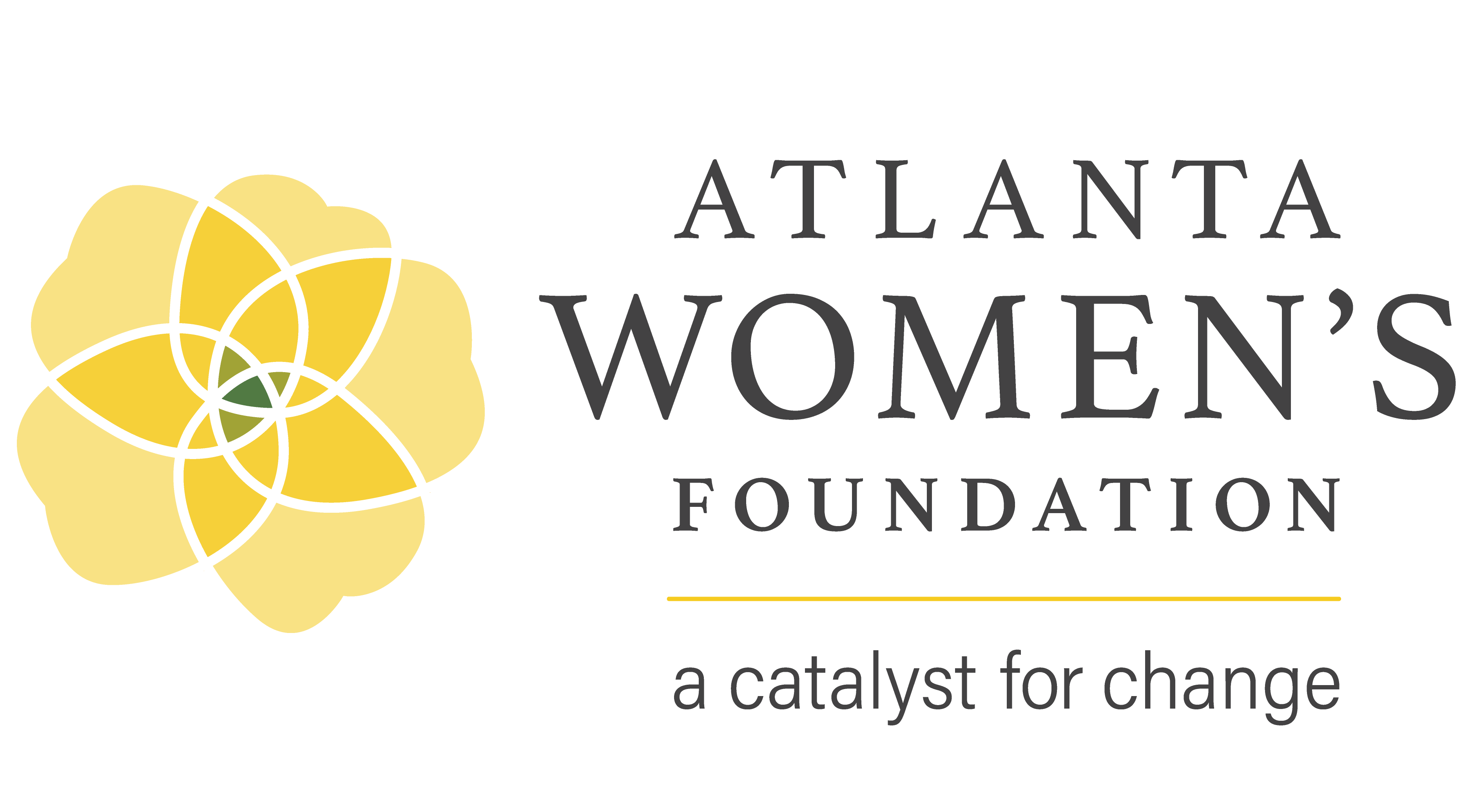Normalizing seeking support for mental health takes collective action
As we are all aware, the pandemic has impacted all aspects of our lives, including on our mental health. That’s why this year it is more important than ever to recognize Mental Health Awareness Month in May. Guest contributor Asia Hadley, Director of Partnerships for Candid, writes about the mental health crisis the U.S. is facing, resources available, and how funders, including AWF, are working to support mental health programs.
The United States is ready for a mass mental health intervention. Although much has changed since I wrote my last article promoting May is Mental Health Awareness Month, the country is still dealing with many of the same issues that threaten the mental health of too many people. We’re still struggling to tame the coronavirus despite widespread vaccinations. Communities, particularly frontline workers and people of color, continue to grapple with the mental health impact of dealing with COVID-related deaths, vaccine hesitancy, and economic uncertainty. Add to this a reckoning with racial justice, and you have a populace on the verge of stress overload. Thank goodness May is Mental Health Awareness Month!
A report from the Kaiser Family Foundation indicates that “many adults are reporting specific negative impacts on their mental health and well-being, such as difficulty sleeping (36%) or eating (32%), increases in alcohol consumption or substance use (12%), and worsening chronic conditions (12%), due to worry and stress over the coronavirus.” According to the same Kaiser Family Foundation report, forty-seven percent of women have reported symptoms of anxiety and/or depressive disorder compared to 38 percent of men in December 2020.
Nonprofits, like Mental Health America (MHA) and the National Alliance on Mental Illness (NAMI), for example, are making practical toolkits available for free so the public can improve their mental health and increase their resiliency regardless of their personal situation.
Additionally, MHA and NAMI have campaign toolkits for individuals and organizations to help spread awareness about Mental Health Month. Locally, NAMI of Georgia has a list of events happening to raise awareness and normalize seeking and receiving mental health care. Find additional resources specifically for communities and women of color here.
Many nonprofits exist to strengthen individual and collective resilience. They stand in the gap to help people and communities thrive before, during, and after crises. Candid’s data shows that between 2018 and 2020, 10,337 funders awarded 44,665 grants valued at $9.8 billion to mental health causes.* And we expect this number to increase as more data from 2020 is collected. Here are the top ten grantmakers in Georgia who funded mental health between 2014 and 2021.
| Foundation | Amount Funded for Mental Health | Number of Grants Awarded | |
| 1. | J. Bulow Campbell Foundation | $11,331,603 | 19 |
| 2. | Robert W. Woodruff Foundation | $11,200,000 | 7 |
| 3. | Joseph B. Whitehead Foundation | $8,915,000 | 20 |
| 4. | Community Foundation for Greater Atlanta | $8,630,232 | 330 |
| 5. | United Way of Greater Atlanta | $7,099,728 | 48 |
| 6. | O. Wayne Rollins Foundation | $4,062,425 | 13 |
| 7. | The West Foundation | $3,551127 | 4 |
| 8. | The James M. Cox Foundation of Georgia, Inc. | $3,305,000 | 13 |
| 9. | Fidelity Investments Charitable Gift Fund | $2,879,313 | 217 |
| 10. | Twin Cedars Foundation, Inc. | $2,851,205 | 5 |
The Atlanta Women’s Foundation (AWF) also funds organizations that support mental wellness for girls and women. Between 2015 and 2021, AWF has awarded $905,000 in grants for mental health. The five top awardees are Center for Black Women’s Wellness, Community Advanced Practice Nurses, IRC Atlanta, Mercy Care, and Families First. Additional resources specifically for communities and women of color can be found here.
While demand is growing for mental health care, much is still needed to repair the fragmented mental health system. Wide funding disparities exist between physical health and mental health care. When Alice Park of Time 100 Talks asked Daniel H. Gillison, CEO of NAMI, the reason behind this disparity, Mr. Gillison remarked that mental health is invisible. Yet, he reminds viewers, mental health is as critically important as physical health.
There is still a dark cloud around seeking support for mental challenges or mental illness. People feel shame or are ashamed at not being able to “handle” stress and trauma on their own, like somehow doing it alone is a badge of honor.
Though mental health is a collective mission, how we care for our whole self privately impacts how we show up publicly. Therefore, it’s just as important that we have daily practices to keep our minds healthy and sharp. To help you get started or further your progress, here is a round-up of articles and tips from around the web that can help you improve your mental health.
- Get enough sleep, nutrition, and exercise: Focus on these three activities: sleep, nutrition, and exercise to help strengthen your immune system and feel better. -Beth Kanter, author and nonprofit innovator
- Engage in activities that provide meaning: Partake in activities that make you feel happy, productive, and challenge your creativity. Whether through drawing, taking an exercise class, going out to dinner with friends, or caring for a pet, spending quality time with those who matter to you can make you feel good. -Jeffrey Borenstein, M.D.
- Track gratitude and achievement with a journal: Include three things you were grateful for and three things you were able to accomplish each day. -Mental Health America
- Develop coping skills: These are methods you use to deal with stressful situations. They may help you face a problem, take action, be flexible, and not easily give up in solving it. -U.S. National Library of Medicine
- Talk back to your inner voice: When your inner voice is giving you really crappy feedback and advice, stop and consider how you would talk to your best friend in this situation. –Korin Miller, writer
Throughout the month of May, let’s do our part to raise the importance of staying mentally healthy and normalizing seeking help when we struggle. While Mr. Gillison acknowledged that it can be difficult to find and access mental health resources, exposing their existence through writing and talking about them is a step in the right direction.
Chinese philosopher, Lao-Tzu reminds us that “a journey of a thousand miles begins with one step.” We’ve already come a long way, so let’s keep moving in the right direction to improve our individual and collective mental health this month and beyond.
*Includes federal funding

Asia Hadley is Director of Partnerships with Candid. Asia elevates Candid’s presence and impact throughout the South by cultivating relationships with key stakeholders, fundraising regionally, and providing perspectives on philanthropy. For fifteen years she has dedicated her career to advancing an informed and equitable social sector.
Asia earned her undergraduate degree in political science from Florida A&M University and Master’s degrees in Philanthropic Studies and Public Affairs with a concentration in Nonprofit Management from Indiana University Purdue University at Indianapolis (IUPUI). Asia co-leads a Girl Scout troop and is an advisory board member with Pure Esperanza. She is a proud wife and mom of two young negotiators whose request for a puppy is currently “pending.”
